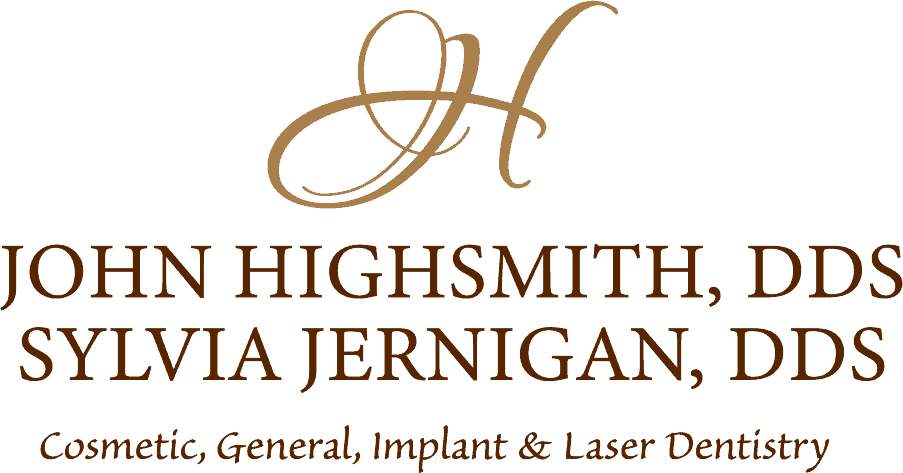
Our restorative dentistry in Asheville leaves a person beaming with confidence, highlighting the positive results of complete care and custom-tailored attention. At the office of John Highsmith, DDS, this care means compassionate service and excellence. Our team is dedicated to prioritizing your needs and comfort.
We want you to become part of our dental family and enjoy visits that feel more like spending time with friends. With a strong commitment to patient education, we empower you to make informed decisions about restorative dentistry in Asheville at every stage of your treatment.
We provide quality restorative dentist in Asheville with a comprehensive approach to keep your smile healthy and bright. From old, failing restorations to dental crowns and preventive care, our friendly, expert team make sure your dental needs are met with personalized attention.
You’ll enjoy a comfortable, laid-back atmosphere where your concerns are heard and addressed. Regular visits for restorative dentistry in Asheville help prevent issues, reduce discomfort, and save time and money in the long run.
The Benefits of Restorative Dentistry in Asheville: Enhance Your Smile and Overall Health
Experience the benefits of excellent oral health and a confident smile with our restorative dentistry in Asheville, where your well-being is our top priority. Join our dental family and smile with confidence!
- Preventive care: Regular check-ups and cleanings help prevent cavities, gum disease, and other oral health issues before they become major problems
- Early detection: Timely identification of dental issues allows for less invasive and more cost-effective treatments
- Improved oral health: Thorough restorative dentistry in Asheville makes sure you have healthy teeth and gums, reducing the risk of tooth loss and other complications.
- Enhanced appearance: Professional cleanings and treatments contribute to a brighter, more attractive smile
- Overall health benefits: Good oral health has far-reaching effects on your general health. By maintaining a clean and healthy mouth, you can reduce the risk of systemic conditions often linked to poor dental hygiene, such as heart disease and diabetes. Our restorative dentistry in Asheville not only improves your smile but also enhances your overall health and quality of life.
Learn more about the role of restorative dentistry in long-term oral health and function and how it can benefit your overall well-being.
